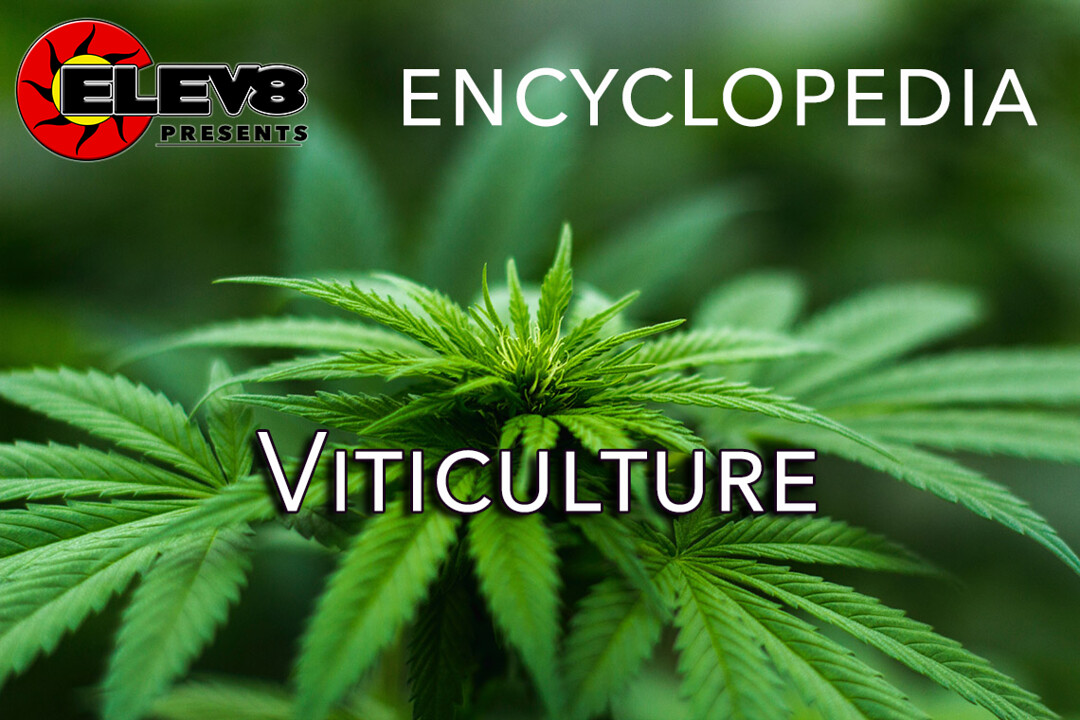What does Viticulture mean?
Viticulture is the scientific study of grapes and is practiced nearly everywhere in the world.
The common grape, vitis vinifera, is highly adaptable to a wide variety of environments, so grapes grow on nearly every continent. The viticulturist helps maximize yield and quality by monitoring pests and diseases, irrigation, fertilization, and canopy management.
More Info On Viticulture
Viticulture holds such prominence because proper vineyard management provides the basis for which wine making can begin. Viticulturists work closely with winemakers developing and selecting new varieties, deciding when to prune during the winter months, and even harvesting the grapes.
The history of viticulture closely follows the history of wine making and has been performed for at least 7,000 years. Viticulture practices were developed as early as the Phoenicians and later used in Carthage.
The first major text outlining the techniques and science of viticulture was a two-volume book appearing around 500 BC. Such was the Roman love for wine and the respect for viticulture that they produced a twelve-volume text about the science around 65 AD.
Early viticulturists domesticated grapes and developed pruning and cultivating techniques to maximize yield and enhance the flavor. They also developed the staking or trellis systems for growing grapes that are still in use today.
By the Middle Ages, Catholic monks took over the practice and were highly respected for their knowledge of viticulture at that time. They were instrumental in breeding and selecting grape varieties that could thrive in the cold, damp environment of northern Europe.
Modern viticulturists still utilize these early techniques and still play an extensive role in the wine making process.







